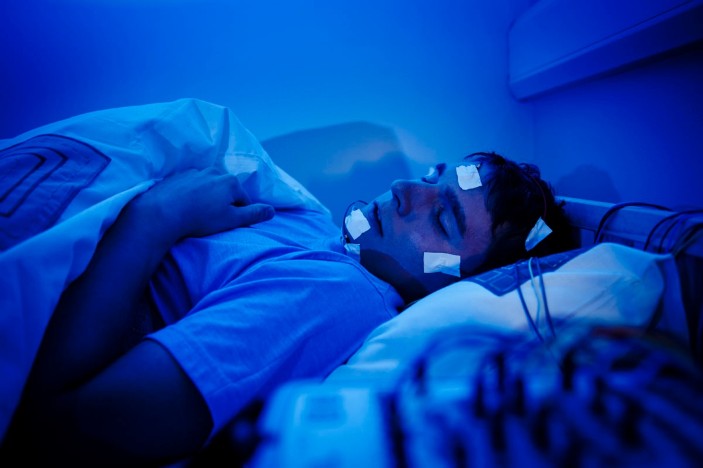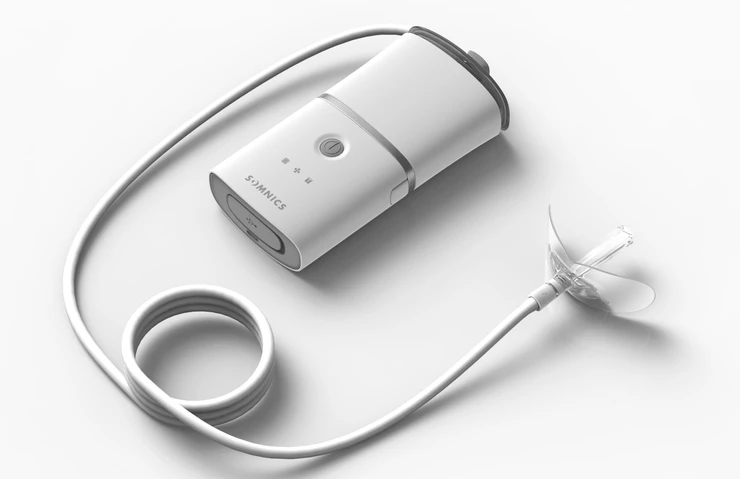Innovative Insomnia Solutions - Locate What Functions for You
Innovative Insomnia Solutions - Locate What Functions for You
Blog Article
Reliable Therapy Solutions for Taking Care Of Rest Disorders and Enhancing Peaceful Sleep
In the world of health care, the administration of sleep disorders and the mission for peaceful rest are crucial parts of total health. Efficient treatment services use a complex approach to deal with these obstacles, varying from cognitive behavior treatments to alternative methods that advertise relaxation and mindfulness. The exploration of different techniques, including the integration of medicine and light therapy, opens a realm of possibilities in the quest of much better rest high quality. As we navigate the elaborate landscape of rest conditions and seek to enhance our rest experience, a much deeper understanding of these treatment solutions may hold the trick to opening a much more relaxing and fulfilling corrective journey.
Cognitive Behavior Treatment for Sleeping Disorders (CBT-I)
Cognitive Behavioral Treatment for Sleeplessness (CBT-I) is an organized, evidence-based therapy approach that concentrates on addressing the underlying factors contributing to sleep disturbances. This sort of treatment aims to change actions and thoughts that aggravate sleeping disorders, ultimately advertising healthy and balanced rest patterns. CBT-I generally includes a number of crucial parts, including cognitive treatment, rest constraint, stimulus control, and rest hygiene education and learning.
Cognitive treatment helps individuals determine and alter negative thought patterns and beliefs about sleep that may be preventing their capability to drop or remain asleep. Rest limitation entails restricting the amount of time invested in bed to match the person's real rest period, therefore raising rest effectiveness (natural insomnia remedies). Stimulation control techniques aid establish a solid organization in between the bed and sleep by urging individuals to go to bed only when drowsy and to avoid taking part in promoting activities in bed
Additionally, sleep hygiene education focuses on developing healthy and balanced rest behaviors, such as keeping a constant sleep routine, developing a relaxing going to bed regimen, and optimizing the rest environment. By attending to these factors comprehensively, CBT-I supplies an efficient non-pharmacological intervention for managing sleeplessness and boosting overall rest top quality.
Sleep Health Practices
Having established the structure of cognitive restructuring and behavioral adjustments in dealing with sleep problems through Cognitive Behavioral Therapy for Sleeping Disorders (CBT-I), the focus now moves in the direction of checking out necessary Rest Health Practices for preserving optimum sleep quality and total wellness.
Sleep health methods incorporate a variety of behaviors and ecological variables that can significantly affect one's capacity to drop off to sleep and stay asleep throughout the night. Constant rest and wake times, developing a relaxing bedtime regimen, and optimizing the sleep setting by keeping it dark, quiet, and cool are essential elements of good rest hygiene. Restricting direct exposure to displays before bedtime, preventing energizers like caffeine close to bedtime, and involving in normal exercise throughout the day can also promote much better sleep quality.
In addition, practicing leisure techniques such as deep breathing workouts or reflection before bed can help relax the mind and prepare the body for rest. By including these sleep health techniques into one's day-to-day routine, people can establish a healthy rest pattern that supports relaxed rest and total wellness.
Leisure Methods and Mindfulness
Executing relaxation strategies and mindfulness methods can play a critical function in promoting a sense of calmness and promoting quality rest. sleep disorder treatment. These methods intend to quiet the mind, lower stress, and produce an optimal atmosphere for relaxing sleep. One commonly practiced technique is deep breathing exercises, where individuals focus on slow, deep breaths to unwind the body and mind. Progressive muscle mass leisure entails tensing and after that releasing each muscle team, advertising physical relaxation. Additionally, directed imagery can help deliver individuals to a calm place in their minds, helping in anxiety reduction and enhancing sleep quality.
By including these practices into a bedtime regimen, people can indicate to their bodies that it is time to prepare and take a break for sleep. On the whole, integrating relaxation methods and mindfulness practices can considerably add to managing sleep problems and enhancing general sleep quality.

Medicine Options for Rest Disorders
After exploring leisure techniques and mindfulness techniques as non-pharmacological treatments for enhancing rest top quality, it is vital to take into consideration medication options for people with sleep disorders. In situations where way of life adjustments and treatment do not give enough alleviation, medicine can be an important tool in handling sleep disturbances.
Commonly prescribed drugs for rest disorders include benzodiazepines, non-benzodiazepine hypnotics, antidepressants, and melatonin receptor agonists. Benzodiazepines, such as diazepam, are sedatives that can help generate sleep, however they are usually recommended for temporary use as a result of the risk of reliance. Non-benzodiazepine hypnotics like zolpidem are also made use of to treat sleeplessness and have a reduced threat of reliance contrasted to benzodiazepines. Antidepressants, such as trazodone, can be advantageous for individuals with co-occurring clinical depression and rest disturbances. Melatonin receptor agonists, like ramelteon, target the body's natural sleep-wake cycle and can be useful for managing rest patterns.
It is vital for people to speak with a doctor to determine one of the most ideal medication choice based upon their certain rest problem and case history.
Light Therapy for Body Clock Policy
Light therapy, likewise non rapid eye movement called photo-therapy, is a non-invasive treatment approach used to control body clocks and boost sleep-wake cycles. This therapy includes direct exposure to brilliant light that simulates all-natural sunlight, which assists to reset the body's internal clock. By revealing individuals to specific wavelengths of light, usually in the early morning or night relying on the wanted effect, light treatment can properly adjust the circadian rhythm to advertise wakefulness during the day and boost peaceful sleep during the night.
Research study has revealed that light therapy can be especially useful for individuals with circadian rhythm problems, such as postponed rest stage syndrome or jet lag. It can additionally be useful for those experiencing seasonal affective condition (SAD), a kind of depression that typically takes place during the cold weather when all-natural light exposure is minimized. Light treatment is usually well-tolerated and can be made use of along with various other therapy methods for sleep problems to maximize outcomes and improve total rest quality.
Final Thought
To conclude, effective therapy services for managing rest disorders and enhancing restful rest include Cognitive Behavior modification for Sleeping Disorders (CBT-I), rest hygiene techniques, leisure strategies and mindfulness, medication alternatives, and light treatment for circadian rhythm policy. These techniques can aid individuals improve their rest top quality and overall wellness. It is important to talk to a healthcare company to establish the most appropriate technique for addressing sleep issues.
As we navigate the complex landscape of sleep conditions and seek to enhance our rest experience, a deeper understanding of these therapy options may hold the trick to opening a more relaxing and fulfilling restorative trip.
Rest restriction entails limiting the amount of time spent in bed to match the person's real sleep period, thus raising rest efficiency. Constant sleep and wake times, developing a relaxing bedtime routine, and maximizing the sleep atmosphere by keeping it dark, quiet, and cool are vital parts of excellent sleep hygiene. Light treatment is typically well-tolerated and can be utilized in conjunction with other treatment approaches for sleep problems you could try here to enhance outcomes and boost total sleep quality.

Report this page